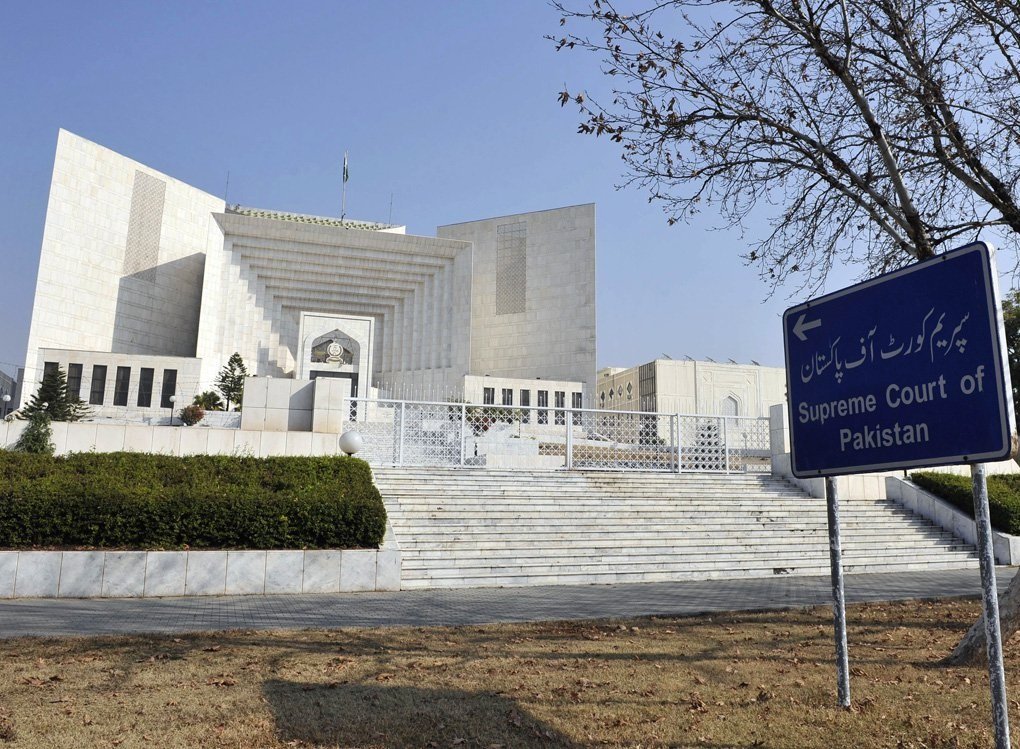
The Supreme Court (SC) has ruled that standard of proof is not beyond reasonable doubt in a departmental inquiry.
A division bench of the apex court led by Justice Sajjad Ali Shah heard the case.
According to a five-page order authored by Justice Muhammad Mazhar in a service case, the “standard of proof looked-for in a departmental inquiry deviates from the standard of proof required in a criminal trial”.
“In the departmental inquiry conducted on the charges of misconduct, the standard of proof is that of ‘balance of probabilities or preponderance of evidence but not a ‘proof beyond reasonable doubt, which strict proof is required in a criminal trial,” the order added.
The order stated that the doctrine of natural justice communicates the clear insight and perception that the authority conducting the departmental inquiry should be impartial and a delinquent civil servant should be provided the fair opportunity of being heard. If the order of the competent authority based on inquiry report is challenged before the Service Tribunal then it is the legal duty of the Service Tribunal to give some reasons, and there should be some discussion of evidence on record which is necessary to deliberate the merits of the case in order to reach just conclusion before confirming, reducing or setting aside the penalty, it added.
The court also said that the foremost aspiration of conducting departmental inquiry is to find out whether a prima facie case of misconduct is made out against the delinquent officer for further proceedings.
“The guilt or innocence can only be thrashed out from the outcome of the inquiry and at the same time, it is also required to be seen by the learned Service Tribunal as to whether due process of law or right to a fair trial was followed or ignored which is a fundamental right as envisaged under Article 10-A of the Constitution,” the written order stated.
The order also stated that a distinction needs to be drawn between a regular inquiry or a preliminary/fact-finding inquiry.
Read SC reprimands SHC over paralegal staff hiring
"A regular inquiry is triggered after issuing show-cause notice with a statement of allegations and if the reply is not found suitable then inquiry officer is appointed and regular inquiry is commenced (unless dispensed with for some reasons in writing) in which it is obligatory for the inquiry officer to allow an even-handed and fair opportunity to the accused to place his defence and if any witness is examined against him then a fair opportunity should also be afforded to cross-examine the witnesses, whereas a discrete or fact-finding inquiry is conducted at the initial stage but internally to find out whether in the facts and circumstances reported, a proper case of misconduct is made out to initiate disciplinary proceedings,” it added.
The court also said that the wisdom of setting up a Service Tribunal under Article 212 of the Constitution is to deal and decide the matters relating to the terms and conditions of service of civil servants.
"Under Section 5 (2) of the Services Tribunal Act 1973, the Tribunal for the purposes of deciding any appeal be deemed to be a Civil Court and have the same powers as are vested in such court and even under Rule 18 of the Services Tribunals (procedure) Rules 1974, framed by the Federal Government in the exercise of powers conferred by Section 8 of the Services Tribunals Act, 1973, the Tribunal may if it considers necessary, appoint an officer of the Tribunal to record evidence of a witness for and on behalf of the Tribunal and the parties and their Advocates may suggest any question to the witness and a Member may, besides such questions, put any other question to the witness,” the order stated.
“As a forum of exclusive jurisdiction, the Constitutional mandate as well as the provisions of Services Tribunal Act 1973, articulates and commands to do the complete and substantial justice between the parties with a rational denouement of the case,” it added.



1725885571-0/Tribune-Pic-(9)1725885571-0-165x106.webp)

1731562710-0/Untitled-design-(3)1731562710-0-270x192.webp)
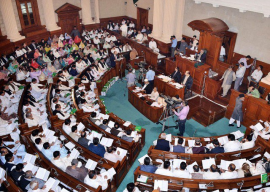

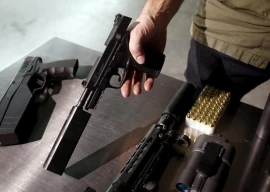
1726722687-0/Express-Tribune-Web-(9)1726722687-0-270x192.webp)

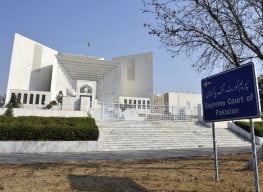
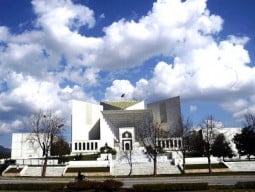
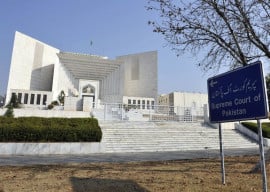






COMMENTS
Comments are moderated and generally will be posted if they are on-topic and not abusive.
For more information, please see our Comments FAQ